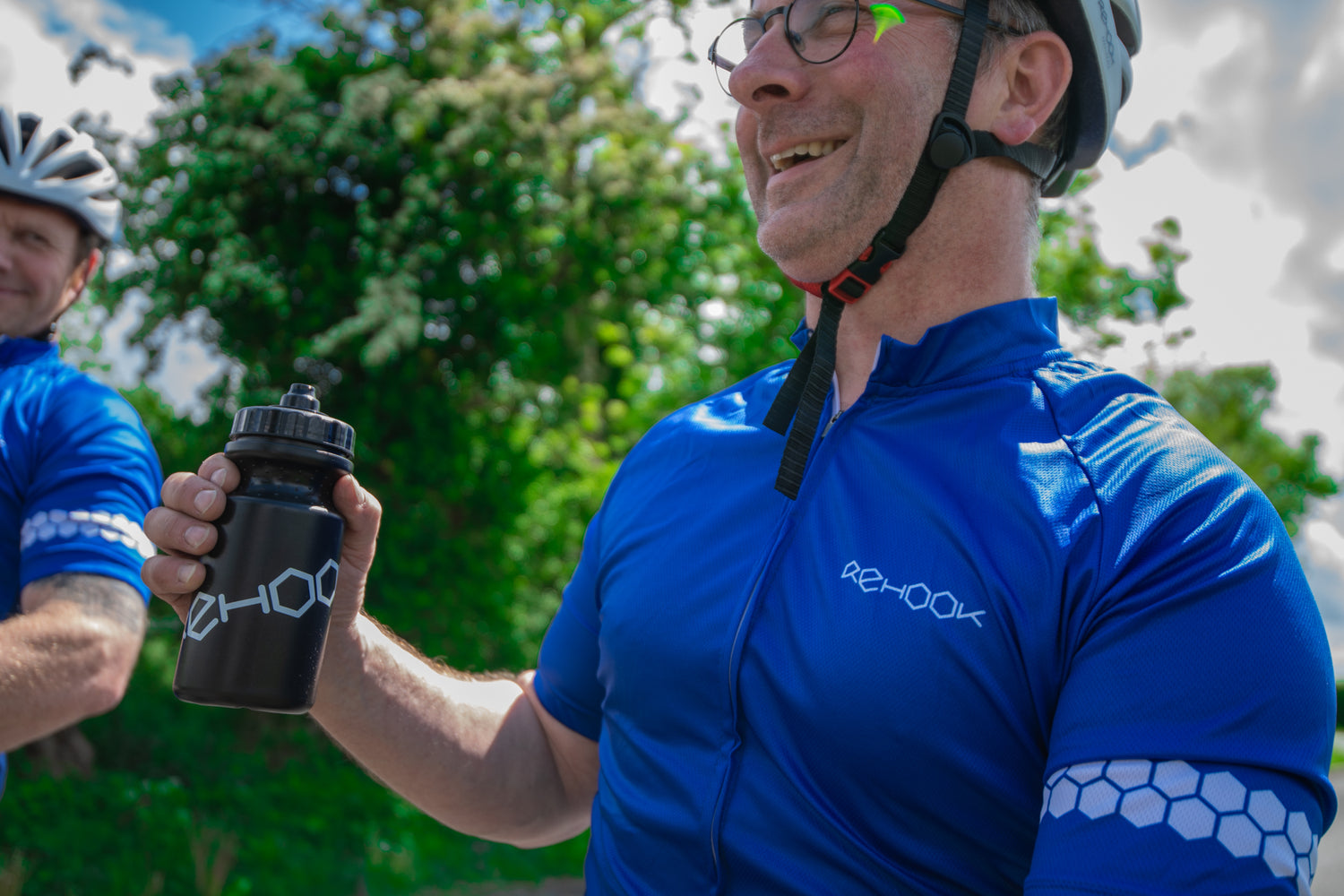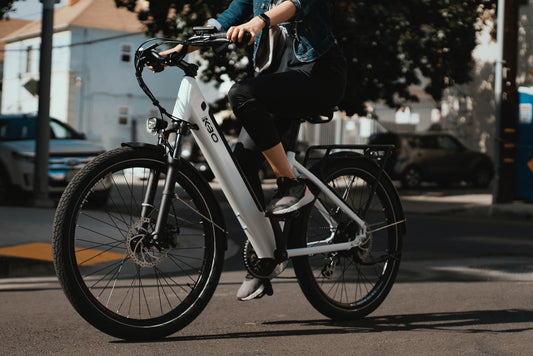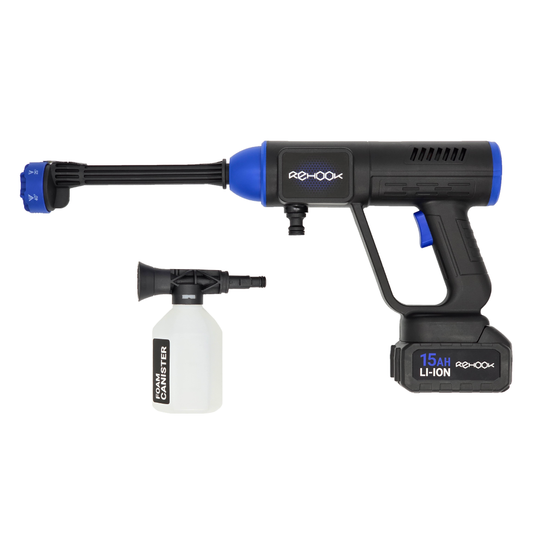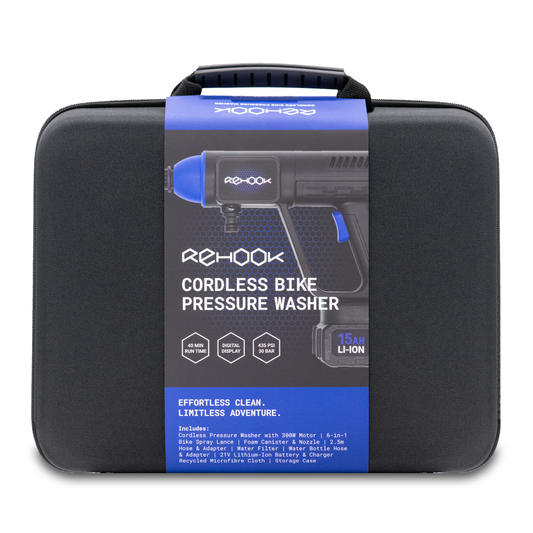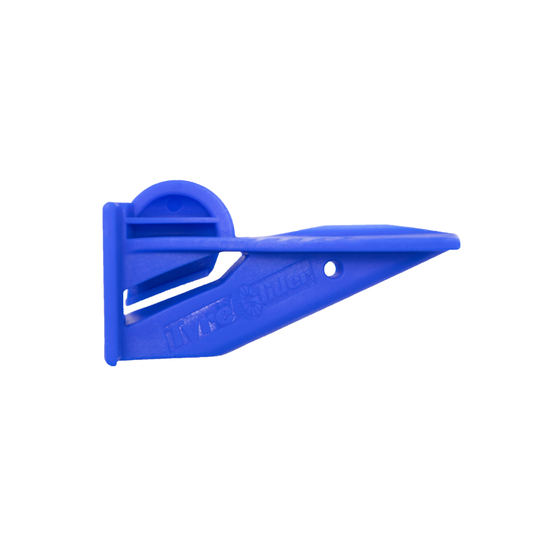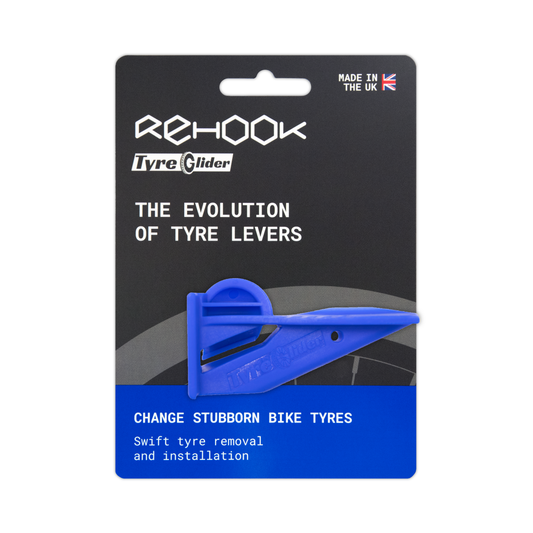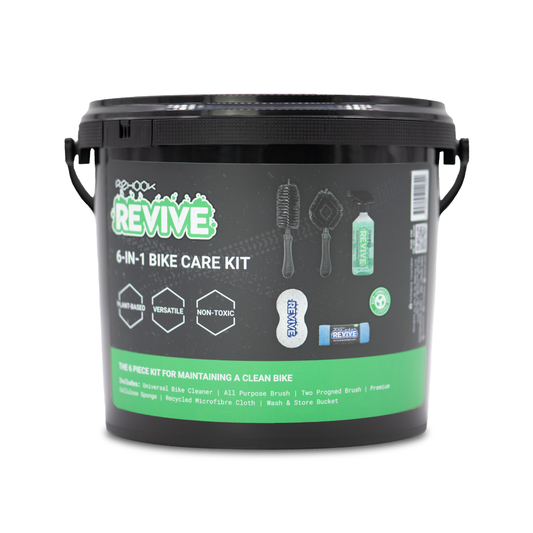spōks
Noun
The rods that connect the hub of a wheel to the rim.
Example usage: My bicycle's spokes were bent after I hit a pothole.
Most used in: Cycling communities around the world.
Most used by: Cyclists of all levels.
Popularity: 8/10
Comedy Value: 0/10
Also see: Spoke, Spokeset, Spoke Lacing, Spoke Pattern,
What Are Spokes and What Do They Do?
Spokes are the thin metal rods that connect the hub of the wheel to the rim. They are an integral part of the bicycle wheel, providing strength and support while allowing the wheel to rotate freely. Spokes come in a variety of sizes and shapes, and the number of spokes on a wheel can vary, depending on the type of bike and the wheel size.
The number of spokes in a wheel is determined by the type of bike, its intended use, and the rider's weight. For instance, a road bike wheel typically has between 16 and 28 spokes, while a mountain bike wheel may have up to 36 spokes. Heavy riders may need more spokes to support their weight, while lighter riders may benefit from fewer spokes, which can lead to a lighter wheel.
The shape of the spoke can also vary, depending on the type of wheel. The most common type of spoke is the straight pull spoke. This type of spoke is used on both road and mountain bikes, and it is the strongest type of spoke available. Other types of spokes include the j-bend and the double-butted spoke, which are designed to be lighter and more flexible.
Spokes are essential to the performance and safety of a bicycle wheel. They provide support and rigidity, allowing the wheel to move freely and helping to evenly distribute the rider's weight. Without spokes, the wheel would not be able to rotate, and the rider would be unable to pedal effectively.
In the United States alone, there are an estimated 88 million cyclists, who ride for pleasure, exercise, and transportation. Having the right number and type of spokes on your bike's wheels is essential to ensure a safe and enjoyable ride.
The Origin of the Word 'Spokes' in Cycling
The term 'spoke' was first used in the English language in the 15th century and has its origin in Old English. The word was initially used to refer to a thin piece of wood or metal which was used to hold a wheel together. It is thought that the term 'spoke' is derived from a Middle English word 'spoke' which means 'rod.'
The first use of the term 'spoke' in relation to bicycles was in the early 19th century. The earliest known reference to the term being used in relation to bicycles is in a book published in 1837 which refers to 'spokes of a bicycle'. Since then, the term has been used to describe the thin metal rods which are used to connect the hub of a bicycle wheel to the rim.
The term 'spoke' has become an integral part of cycling culture, and is now used to describe the thin metal or carbon rods which are used to connect the hub of a bicycle wheel to the rim. The use of spokes in bicycle wheels has become an essential part of modern cycling, and the term is now used by cyclists around the world.

